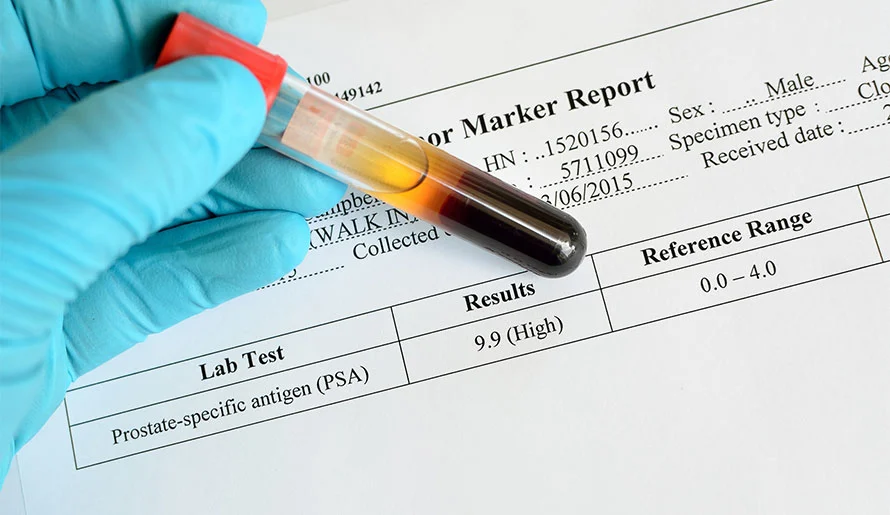Prostate Specific Antigen (PSA) is a protein produced by the cells of the prostate gland. PSA levels are an important biomarker in evaluating prostate health and are used especially in prostate cancer screening. It is measurable in the blood and above certain levels can be a sign of prostate cancer or other prostate-related disorders.
However, high PSA levels do not only indicate cancer; PSA levels can also increase in conditions such as prostate inflammation (prostatitis) and benign prostatic hyperplasia (BPH). Therefore, when high PSA levels are seen, doctors usually try to reach a definitive diagnosis with further tests.
PSA (Prostate Specific Antigen) levels increase in various conditions. The most common of these are:
1. Prostate Cancer: High PSA is most often associated with prostate cancer. However, a definitive cancer diagnosis is not made solely with high PSA; advanced tests such as biopsy may be required.
2. Benign Prostatic Hyperplasia (BPH): The prostate gland can grow with age and this can lead to increased PSA levels. This growth can raise PSA levels even without cancer.
3. Prostatitis: Infection or inflammation of the prostate can also raise PSA levels. In this case, PSA levels can temporarily increase.
4. Aging: PSA levels can naturally increase as we age, so PSA reference ranges may differ in certain age groups.
5. Sexual Activity and Physical Factors: Certain physical activities, such as sexual intercourse, prostate massage, and cycling, can cause temporary increases in PSA levels.
6. Urinary Tract Infections or Urinary Obstructions: Urinary tract infections or a blockage in the bladder outlet can also affect PSA levels.
When PSA levels increase, doctors usually recommend further testing to determine the underlying cause.


